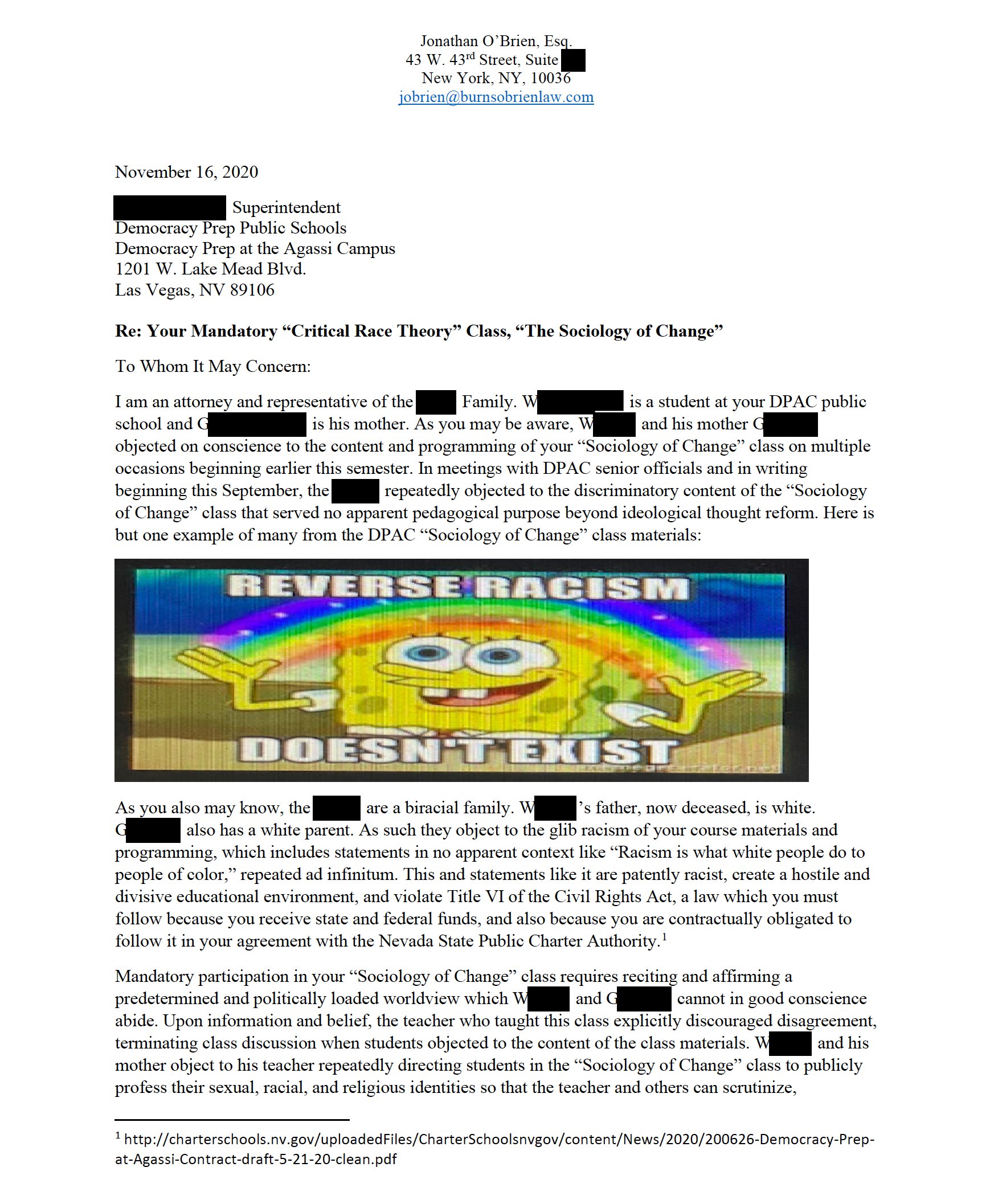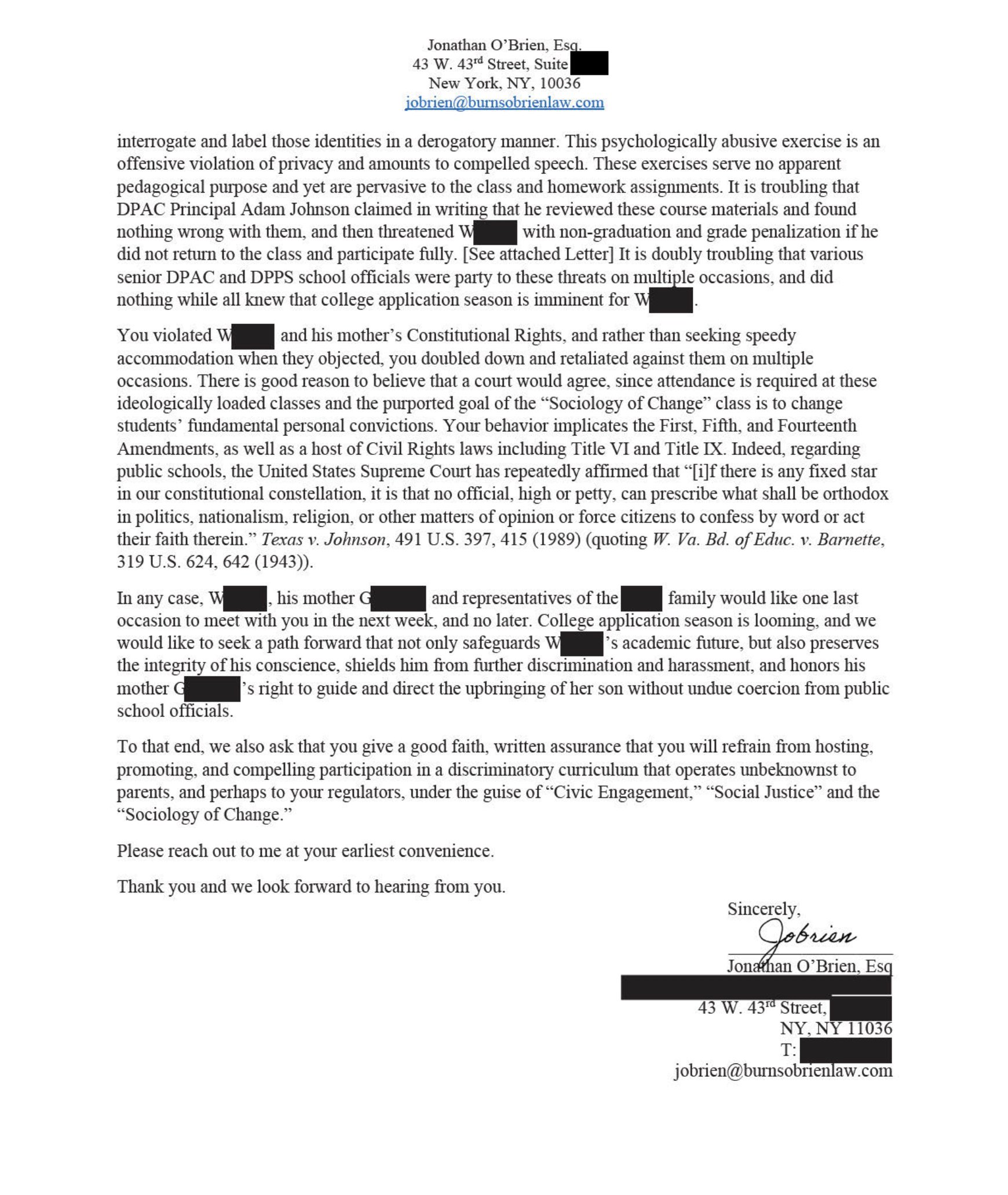COVID, Chapter 87
I actually used my car today. I remembered how to use the key to start the engine, etc. It's like riding a bike . . .
I actually used my car today. I remembered how to use the key to start the engine, etc. It's like riding a bike . . .
From Maria Popova's excellent website, Brain Pickings. These are words we desperately need to hear these days:
“To be a moral human being is to pay, be obliged to pay, certain kinds of attention,” Susan Sontag wrote in what remains some of the finest advice on writing and life. But if beneath the world “morality,” as James Baldwin asserted, “we are confronted with the way we treat each other,” then to be a moral human being requires an especial attentiveness to other human beings and their subjective realities. In consequence, any true morality is the diametric opposite of self-righteousness — the very thing that so often masquerades for morality.
That paradox is what Joan Didion examines in a short 1965 essay titled “On Morality,” found in Slouching Towards Bethlehem (public library).
With an eye to our tendency to mistake for morality what is indeed a “monstrous perversion” of the ego, Didion writes:
“I followed my own conscience.” “I did what I thought was right.” How many madmen have said it and meant it? How many murderers? Klaus Fuchs said it, and the men who committed the Mountain Meadows Massacre said it, and Alfred Rosenberg said it. And, as we are rotely and rather presumptuously reminded by those who would say it now, Jesus said it. Maybe we have all said it, and maybe we have been wrong. Except on that most primitive level — our loyalties to those we love — what could be more arrogant than to claim the primacy of personal conscience?
[This is Part IV of a four-part series about COVID vaccines, starting with Part I].
We have three vaccines that appear to be effective and safe. To date, the public discourse has been about getting to a vaccine. The results are impressive, brilliant, even Olympic.
The remaining work is not glamorous. The people involved aren’t inventing new science or commanding nature to obey their orders. They have more in common with your neighbors, teacher Debra Smith and carpenter Tony Jones, than with esteemed personalities such as Dr. Debra Birx and Dr. Tony Fauci. There won’t be daily televised briefings about delivering 27 doses to your doctor and 113 to your pharmacy. Success will not be reported; any stumble will be the subject of nightly news for months. But the job will get done in the Western World.
There are people who will refuse to be vaccinated. That won’t matter much until we’ve sorted through those who want to be vaccinated. Different people will have different ideas about who should get the first vaccines. PharmDs will follow a practitioner’s orders, or health department edicts. Practitioners are likely to make their own decisions based on individual patients.
There’s great news. The scientists have finally decided to follow the science. Data have always shown that young children aren’t immune to COVID19, they just experience much milder symptoms, rarely need hospitalizations and almost never die. And, children under eight are rarely contagious. Dr. Fauci announced that there was no reason to keep elementary schools closed, and little reason to close middle schools and high schools. Teachers will be at risk from one another, but largely not at all from students. Masks, social distancing and frequent hand-washing should suffice.
This will free up parents to get a sanity break, otherwise known as going to work. Data appear to show that children of elementary school age are being deprived of socializing and developing interpersonal skills, and that all K-12 students are on average falling significantly behind in mathematics and reading. According to a JAMA (Journal of the American Medical Association) Pediatrics study of 135,000 patients, seven percent of K-12 students were infected, and hospitalization rates were about 1.9%, concentrated in children with compromised immune systems. Case fatality rate is near zero.
Yes, a few children get sick and some actually die. That is tragic. So is using those statistics to justify closing down schools, increasing childhood suicidal ideation and driving more people into poverty.
Other good news: The US Army, the world’s best logistics organization, has been planning, building capability and testing distribution throughout the U.S. Several other militaries are likely to be doing the same, including Australia, Japan, the UK, Germany, Netherlands, Denmark and a few others.
[More . . . ]
Here are documents that pertain to yet another ill-behaved Woke school (this one located in Las Vegas), along with an attorney's well-drafted threat letter. Read them and weep for our children's future . . .


If you'd like to read the full thread, start with Colin Wright's Tweet:
[This is a continuing series beginning with #1 and #2].
There is yet a third vaccine coming on the market, let’s call it PFZ. It uses technology similar to MDN, injecting messengerRNA into the body, with instructions for building a part of the COVID19 virus necessary for the virus to function, but which by itself is not dangerous. The supply chain will be similar to MDN’s, with a major difference. PFZ must use a subset of cold chain logistics called super-cold chain, among other things. PFZ must be stored at -70C, or -94 Fahrenheit. This is close to the coldest surface temperature ever recorded on earth, -89.2 Celsius (-128.6 Fahrenheit), in Antarctica in 1983.
Manufacturing PFZ is done in a super-cold environment. The amount of energy needed to cool an entire manufacturing plant to -70 Celsius is significant, and the equipment isn’t easily maintained by a shade-tree mechanic. A lot of automation will be required, because humans don’t do well at those temperatures. Putting humans in heated suits runs the danger of heating the entire plant. Automated machinery will load vaccines into vials and vials into cold-storage sealed boxes. If dry ice is used, there are often two or three layers of boxes surrounding the 200 or 1,000 vials.
The packages are transported via truck or train to an airport/seaport for forwarding. Here is where the functions of manufacturing, distribution and retail probably deserve some information. Manufacturing produces products in quantity. It rarely sells single products to individual consumers, because it isn’t equipped to do so. It has no displays, no cash registers, no way to keep retail customers out of manufacturing areas once allowed inside the facility, it has no large call center to take orders, it cannot process credit card purchases – all of those are handled by retail organizations, which do them well. Manufacturers who sell directly to the public usually find that they’re competing with their own best customers, distributors.
The purpose of distribution is to deliver and buffer manufactured goods to retailers. Manufacturers produce in quantity, and distributors break down the quantity into bite-size chunks, store it, and send it to retailers when they need it. A retailer, such as a pharmacy or doctor’s office, has no use for a box of 1,000 vials of a vaccine, or 5,000 doses, because the retailer cannot serve that many customers for an injection in one day, especially of a vaccine that can’t be warmed, cooled, warmed. They rely on distributors to handle storage, breakdown and delivery.
With PFZ, retailers need to order exactly the number of doses needed for one day, and keep the boxed vials in refrigerated storage fortified by dry ice. Super-cold storage is expensive and rare. It is found in large hospitals for use with some laboratory specimens and some pathologists’ testing; it is also found in limited quantity in research institutions. Huge distributors, pharmacy chains and hospital groups are building new super-cold storage capability and have been for months.
I don’t pretend to know how the problem of sparsely-populated rural areas will be covered. The problem is called “The Traveling Salesman” by mathematicians and is different in every case. This has addressed PFZ in the First World, where a lot of cracks can be papered over with money and reallocation of resources. Cracks in Second- and Third-World countries are broader, deeper and more difficult to resolve. With enormous resolve and herculean effort, India can meet much of its need for MDN; it lacks the super-cold storage needed for PFZ.